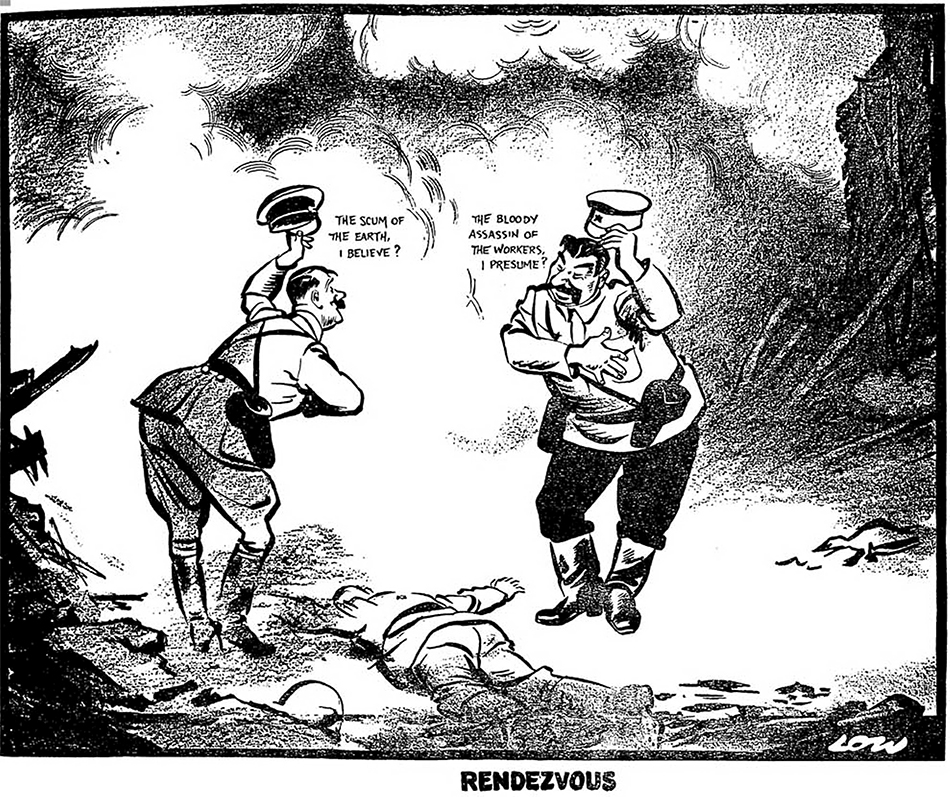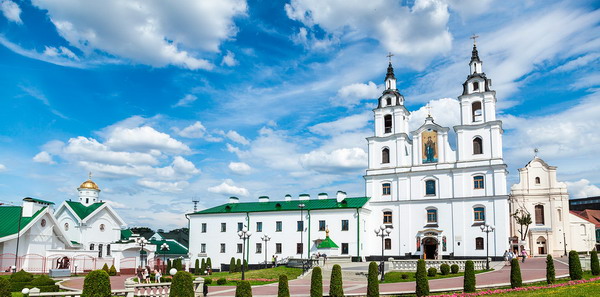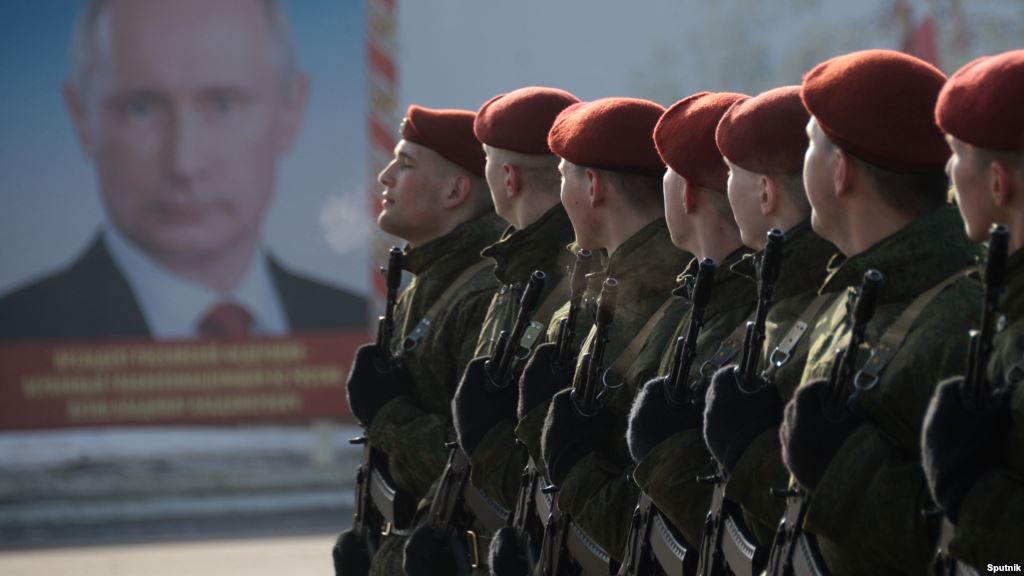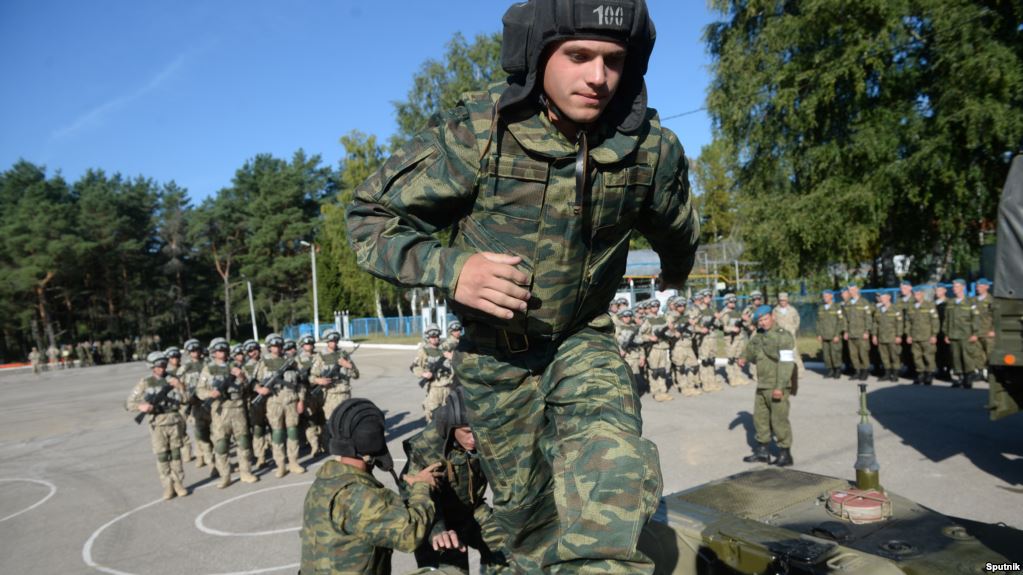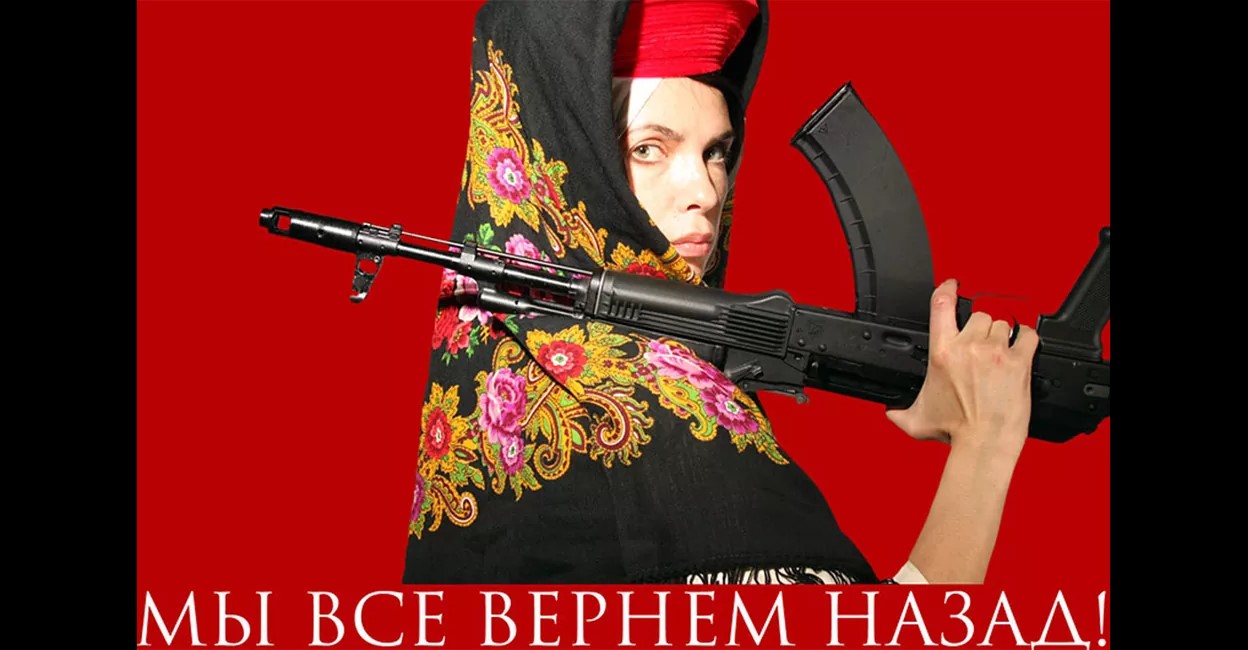For Moscow, the 1939 Molotov-Ribbentrop Pact and its secret protocols which divided Eastern Europe between Hitler and Stalin remains far more important than many believe because it was the first time a major power recognized that the USSR had “legitimate” interests beyond that country’s borders.
Thus, that accord between the two totalitarian powers represents for Moscow far more than just an assertion of its control over the Baltic countries, Moldova and the western portions of Ukraine and Belarus. It serves as a surety of what Moscow leaders think is their right to intervene and control other places as well.

That conclusion follows from a comment by former Soviet spymaster Pavel Sudoplatov in his 1994 book, Special Tasks, that has been picked out by a Moscow blogger now to explain the course of Russian history in the 20th century and by implication even in the 21st.
Citing Sudoplatov’s book, the Moscow blogger, with the screen name of VBA, writes the following:
“The Molotov-Ribbentrop accord was extremely highly valued by the Soviet leadership because this was the first treaty with the participation of the USSR where one of the leading world powers (Germany) officially recognized the Soviets having a right to its own interests beyond its own borders. Nothing similar had occurred in the entire history of the USSR.”
With the revival of Stalinism in Vladimir Putin’s Russia, such recognition is if anything even more important; and consequently, it is extremely unlikely that any Putin government will ever disavow the Molotov-Ribbentrop Pact as Mikhail Gorbachev did in 1989 as much as that might help its image in the West.
Related:
- ‘Molotov is alive and looking for a new Ribbentrop,’ Lithuanian foreign minister says
- Izborsky Club calls for new Molotov-Ribbentrop Pact to re-divide Eastern Europe between Moscow and Berlin
- Munich and the Molotov-Ribbentrop pact revisited
- Moscow analyst: Britain’s support for Poland, not Molotov-Ribbentrop, caused WW2, and its backing of Ukraine could trigger WW3
- Stalin’s expansionist designs blocked signing of second Molotov-Ribbentrop treaty
- Today’s Molotovs not finding the new Ribbentrops they hoped for, Ikhlov says
- Moscow military analyst: Preparing for a war in 2025, Putin wants new Molotov-Ribbentrop Pact to divide up Ukraine
- Putin needs both: a Great Victory and a Molotov-Ribbentrop Pact

